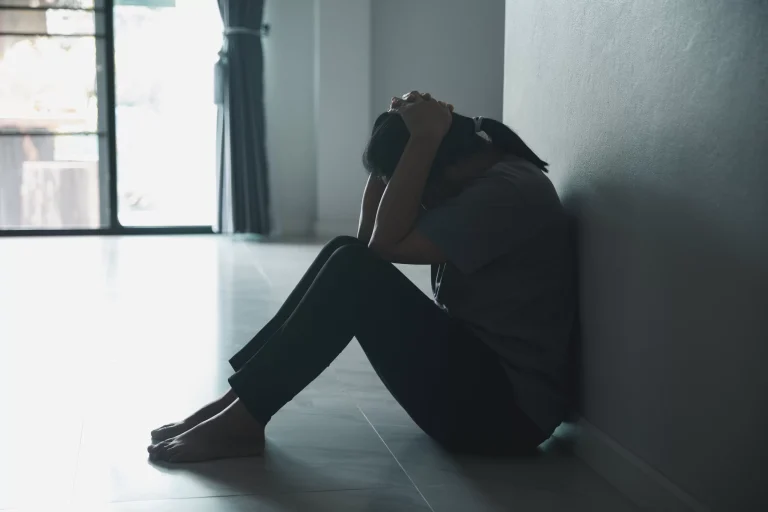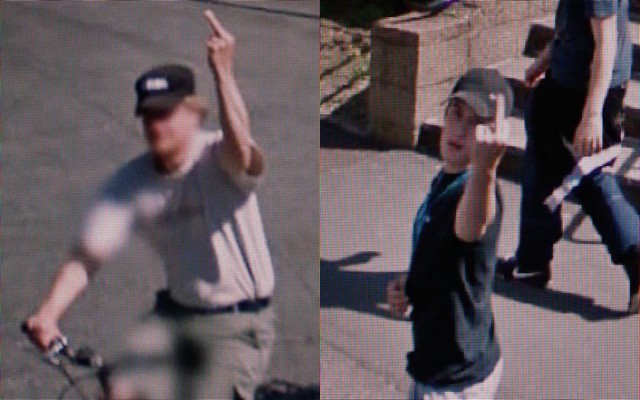Why Do Dogs Lick Their Paws? Unveiling the Truth Behind the Behavior
Table of Contents
Table of Contents
Dogs licking their paws is a common behavior observed by many pet owners. While it might seem like a harmless act, understanding the reasons behind it is important for their overall health and well-being. In this article, we’ll explore why dogs lick their paws and what it might mean for your furry friend.

The Natural Instinct: Grooming Behavior
One of the main reasons why dogs lick their paws is for grooming purposes. Similar to cats, dogs use licking as a way to clean themselves. This behavior is instinctive and can help them remove dirt, debris, or even parasites from their paws. In this case, licking is a normal and healthy activity that keeps their paws clean.
However, if your dog is licking their paws excessively, it could indicate an underlying issue. It’s essential to monitor this behavior to determine whether it’s due to normal grooming or something more concerning.
Allergies: A Common Culprit
If you notice your dog licking their paws frequently, allergies might be the reason behind it. Dogs can develop allergies to certain foods, environmental factors like pollen, or even materials they come in contact with, such as certain fabrics or cleaning products.
When a dog experiences an allergic reaction, their skin becomes irritated and inflamed. To soothe the discomfort, they may lick their paws in an attempt to relieve the itching. If you suspect that allergies might be the cause, consult your vet to identify the specific allergen and get advice on treatment.
Anxiety and Stress: Licking as a Coping Mechanism
Another reason dogs lick their paws is due to anxiety or stress. Just like humans may bite their nails when nervous, dogs may lick their paws to self-soothe when they are feeling anxious. Changes in their environment, separation from their owners, or even loud noises can trigger this behavior.
If you notice that your dog licks their paws in situations where they seem nervous or agitated, it’s important to address the root cause of their stress. Providing them with a calm environment, regular exercise, and positive reinforcement training may help alleviate anxiety.
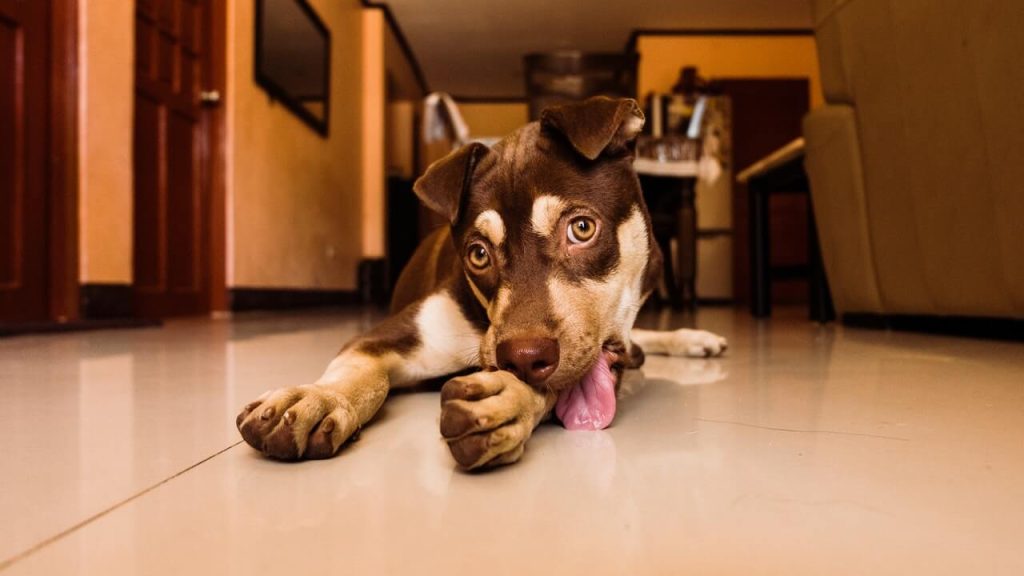
Pain or Injury: Licking as a Sign of Discomfort
Sometimes, dogs lick their paws because they are experiencing pain or discomfort. This could be due to an injury, such as a cut or thorn stuck in their paw, or more severe issues like arthritis or an infected nail. If your dog suddenly starts licking one specific paw or seems to be in pain, it’s crucial to check for any injuries.
If your dog’s licking behavior is accompanied by limping or signs of distress, take them to the vet for a proper diagnosis and treatment plan. In some cases, paw licking may be the only outward sign of a more serious health issue.
Boredom and Habit: A Learned Behavior
Sometimes, dogs lick their paws simply out of boredom. If they don’t have enough stimulation or physical activity, they may start licking their paws as a way to pass the time. This behavior can become habitual over time, and before you know it, it can turn into a compulsive behavior.
Ensuring that your dog has enough mental and physical stimulation through walks, playtime, and interactive toys can reduce the likelihood of them developing this habit. If boredom is the cause, increasing their activity levels should help break the cycle.
When to Seek Professional Help
If your dog’s paw licking becomes excessive, or if it’s accompanied by other signs like redness, swelling, or hair loss, it may be time to seek professional help. A vet can help determine the root cause of the behavior and recommend appropriate treatment options.
In some cases, excessive paw licking can be a symptom of an underlying medical condition such as skin infections, autoimmune diseases, or hormonal imbalances. A timely visit to the vet will help you address the issue before it escalates.
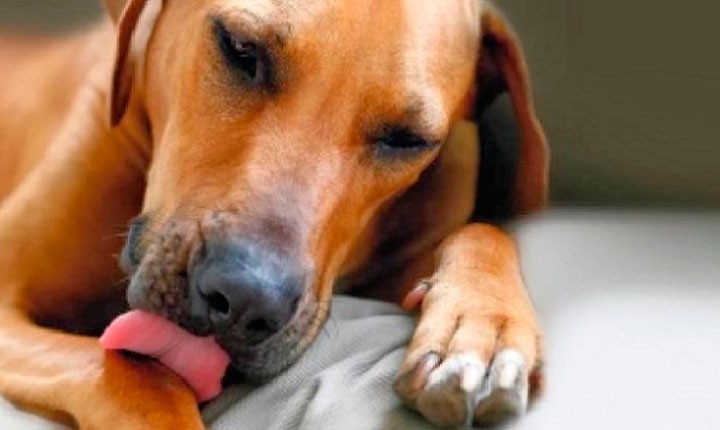
Managing Paw Licking Through Preventative Care
To effectively manage your dog’s paw licking behavior, it’s crucial to focus on preventative care. Regularly inspecting your dog’s paws for any signs of injury, irritation, or foreign objects can help you address potential issues before they escalate. Keeping their paws clean and dry, especially during walks on rough or hot surfaces, can also prevent unnecessary licking caused by discomfort. Additionally, grooming your dog regularly and using dog-safe products for cleaning can make a significant difference in reducing irritation that might lead to paw licking.
Ensuring your dog’s environment is safe and free from stressors is another proactive step. Whether it’s eliminating potential allergens in their living space or creating a calm, structured routine, small changes can go a long way in preventing anxiety-driven paw licking. By addressing these factors, you can help your dog maintain a healthy, happy lifestyle while minimizing unnecessary licking habits.
Keeping an Eye on Behavioral Changes
It’s important to remember that changes in your dog’s licking behavior may also be a sign of broader health or emotional issues. If the paw licking persists or becomes more frequent, keeping track of other behaviors, such as changes in appetite, energy levels, or interaction with you, can provide valuable clues. This holistic approach will allow you to understand your dog’s needs better and ensure you address any underlying concerns promptly. A consistent routine, plenty of exercises, and ongoing vet check-ups will make a significant difference in managing this behavior effectively.
Final Thoughts: Understanding and Addressing Your Dog’s Behavior
Understanding why dogs lick their paws is essential for ensuring their health and happiness. Whether it’s for grooming, allergies, anxiety, or a sign of pain, paying attention to the behavior can help you identify any potential issues early on. If you’re unsure about the cause, consulting with a veterinarian can provide peace of mind and ensure your dog gets the care they need.
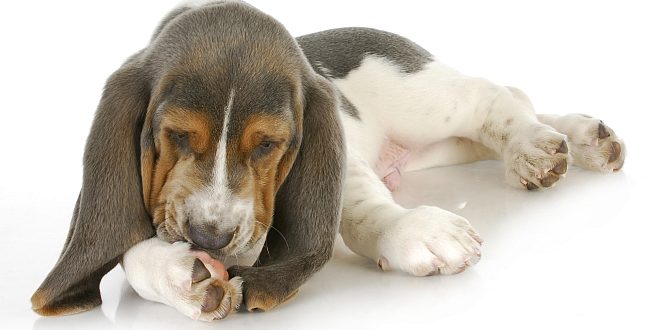
Related Questions:
- Why does my dog lick their paws at night?
It could be due to anxiety, discomfort, or even a habitual behavior. Make sure to monitor for any signs of injury or illness. - Can allergies cause my dog to lick their paws?
Yes, allergies to food, pollen, or other environmental factors are a common cause of paw licking in dogs. - How can I stop my dog from licking their paws excessively?
Address the root cause—whether it’s providing more mental stimulation, treating allergies, or addressing anxiety. Consult your vet for specific advice.


